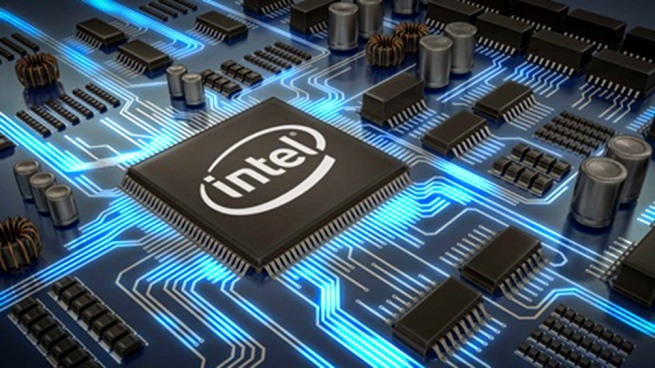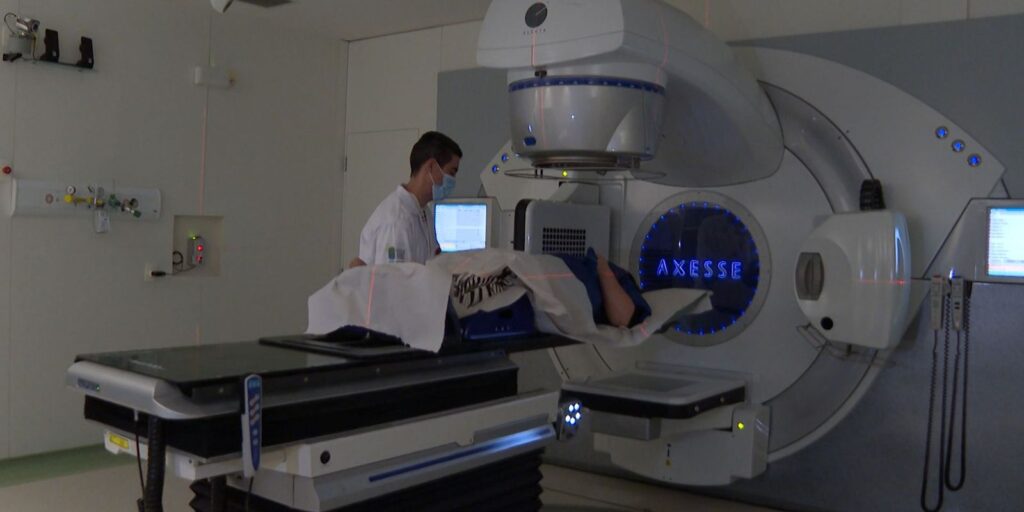The development of the local computer industry – which includes hardware and software – is one of the characteristics that distinguishes Argentina from other countries in the region, said the head of the multinational company Intel in Argentina, Adrián de Grazia. .
In dialogue with Télam, De Grazia -who also serves as director of Sales for America- maintained that “Argentina has the most developed local ecosystem” both in reference to software firms and those that “manufacture products locally.”
“We see that in the Argentine market there is a strong development of the local ecosystem, due to the Government’s impulse to generate policies to facilitate this. There is a stronger ecosystem of local manufacturers,” stressed the manager.
Among other policies for the sector is the recovery of the Connect plan that allowed the recovery of jobs and the reopening of factories that in 2018 with the elimination of tariffs on finished products they went from producing to importing.
Also, the Ministry of Productive Development created the Program to Strengthen the Hardware Industrywith the aim of encouraging the production of computer equipment in the national territory.
Also the system for promoting the knowledge economy and the creation of Knowledge Nodes to federalize the expansion of these new activities; they are public policies for the promotion of young industries.
According to De Grace, the sale of laptops in 2021 grew 30% in the Argentine marketafter marking a 17% increase in 2020 “in response to the need to use technology.”
Intel has been present in the Argentine market through distributors for 25 years, and is witness to the evolution of the ecosystem in Argentina, which in the second half of the 90s was known to be a reference industry in the region due to the number of companies and jobs in the assembly of desktop computers.

In the first decade of the current century, the same “assemblers” went from desktop PCs to the production of notebooks, tablets, and netbooks, encouraged in part by Connect Equality.
“Today we are bringing products and supplying the needs of the local market” that expanded from the information technology environment to the “vertical sectors that advance in digital transformation” such as agriculture, retail and automotive.
“A car is a computer on wheels,” said De Grazia, describing the scope of the different goods that can be connected to each other through the Internet.
He specified that the company “has solutions for all industry verticals, in the development of the Internet of Things; from a device at a customer service point to a car” as well as for the “automation of factories, of industries”.
He stressed that “there are several verticals but some of the most relevant are those of visual computing and automation of systems or logistics methods”.
Regarding communication technologies for this level of development of the internet of things, the executive pointed out that “today there is connectivity with 4G” but “5G is going to allow us to take the next step, we see it as a fundamental technology, all this revolution that is coming to be able to connect different things, in real time and with minimal latency.”
In addition to enabling automation and the internet of things, 5G “is going to enable many more things, not only in large cities, but also in rural areas, where connectivity is very limited,” he said.
“5G enables much more than what we are used to as residential users. We are going to have a better experience but it will enable all these things that are for industries, rurality,” said the businessman.
Asked about the situation of chip shipments to industries in Argentina and the region, he pointed out that “the increase in cases -of coronavirus- in China and the closure of the port of Shanghai, which is very important, to the world generated a problem that everyone the ecosystem is suffering.
In the case of Intel and after the experience of 2020, “we recovered the manufacture of components to meet demand and prepare ourselves so that the shortage of products does not occur again due to the closure of plants in China.”
















